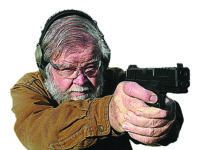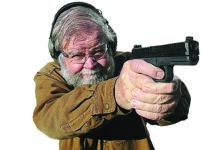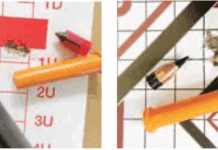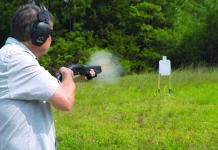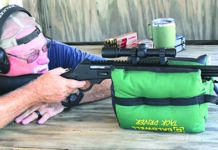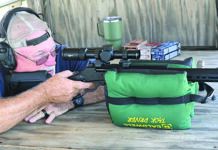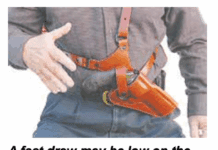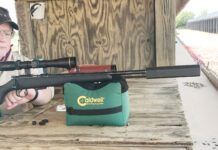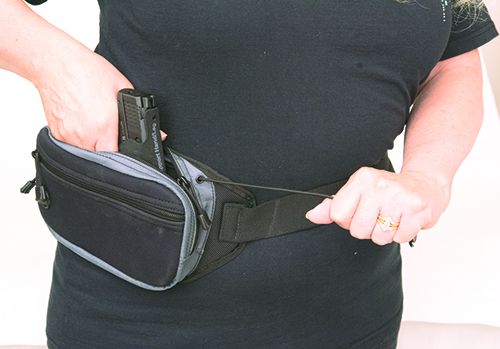The U.S. Supreme Court will hear a challenge to Hawaii’s law forbidding carry on private property open to the public (such as restaurants, gas stations, and grocery stores) without the property owner’s express consent.
The case, Wolford v. Lopez, is in response to the NRA’s landmark victory in NYSRPA v. Bruen — which established that all Americans have a right to carry firearms in public. Some states, such as New York, New Jersey, and Hawaii, passed laws requiring concealed-carry permitholders to obtain permission from property owners before carrying on private property open to the public.
While the Second Circuit struck down New York’s law and the Third Circuit struck down New Jersey’s, the Ninth Circuit upheld Hawaii’s. The Supreme Court has now agreed to hear the challenge to Hawaii’s law.
The NRA said it will file another brief later this fall, arguing that the law violates the Second Amendment.
It’s likely that a majority of the justices believe that some sensitive places laws are consistent with the Second Amendment.
But the Supreme Court agreed to decide whether a state may “presumptively prohibit the carry of handguns by licensed concealed carry permit holders on private property open to the public unless the property owner affirmatively gives express permission to the handgun carrier.”
Property owners generally have the right to exclude firearms from their property, and no court has held that the Second Amendment includes the right to bring a firearm onto private property over the private property owner’s objection.
The NRA asserted in its amicus brief in Wolford that these laws effectively nullify the “general right to publicly carry arms” that Bruen recognized, and NRA will likely argue that these provisions simply fail Bruen’s history and tradition test.



